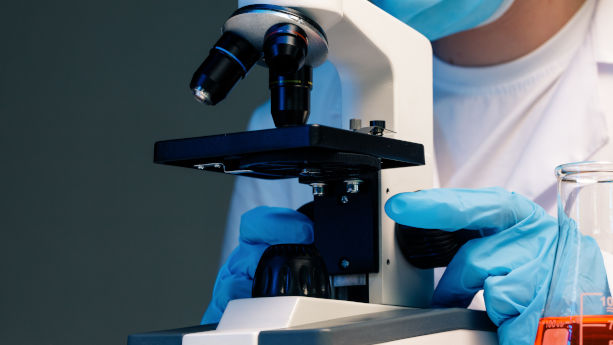
Planning to import or manufacture food contact materials, medical devices, cosmetics, or other products covered by FDA rules? In this guide, you will learn the basics of product testing according to FDA compliance requirements.
Note: This guide is only relevant for consumer products, such as kitchen utensils. For example, this guide does not cover testing for pharmaceuticals.
Content Overview

FREE CONSULTATION CALL (30 MIN)
 Ask questions about compliance requirements
Ask questions about compliance requirements Countries/markets:
Countries/markets:
 Learn how we can help your business
Learn how we can help your business
You will speak with:Ivan Malloci or John Vinod Khiatani
What is FDA lab testing?
In the context of this article, FDA testing refers to product testing according to FDA rules and corresponding standards. Essentially the process of verifying compliance with mandatory FDA compliance requirements concerning substances, migration, and safety aspects.
For example, FDA testing for food contact materials involves testing the material for certain chemicals and heavy metals. If the material contains excessive amounts of restricted substances (e.g. above the set limits) – then the material fails lab testing.
Further, testing according to FDA compliance requirements is often carried out by third-party lab testing companies.
Examples
Here are some examples of rules which FDA testing can be based on:
- General Indirect Food Additives (21 CFR 174)
- Adhesives and Components of Coatings (21 CFR 175)
- Paper and Paperboard Components (21 CFR 176)
- Polymers (21 CFR 177)
- Adjuvants, Production Aids, and Sanitizers (21 CFR 178)
The specific testing requirements and procedures vary depending on the product.
Testing standards
The testing procedure must often follow certain standards. Here is an example:
(b) The poly(vinyl fluoride) basic resins have an intrinsic viscosity of not less than 0.75 deciliters per gram as determined by ASTM method D1243-79, “Standard Test Method for Dilute Solution Viscosity of Vinyl Chloride Polymers,” which is incorporated by reference.
Source: CFR – Code of Federal Regulations Title 21 (Link)
Which products require testing according to FDA rules?
This comes down to the list of products which are covered by FDA rules. Here are some examples:
- Food Contact Materials (e.g. Kitchen products and food packaging)
- Medical Devices
- Cosmetics
- Food & Beverages
- Supplements
Note that these are only some examples.
Is FDA testing mandatory?
Ensuring compliance with FDA compliance requirements is mandatory for certain products. Lab testing is by extension required in order to verify compliance.
FDA lab testing cost example
Below follows an example of an ‘FDA testing’ quotation for a stainless steel drinking bottle from a third party lab testing company:
| Test | Price (US$) |
| Material A: PP | |
| 21 CFR 177.1520 Food Contact Materials Polypropylene | 180 |
| 21 CFR 177.1520 Food Contact Materials Polypropylene | 180 |
| Material B: Stainless steel | |
| FDA GRAS Specifications Total Chromium Content | 30 |
| FDA GRAS Specifications Stainless Steel Verification | 120 |
| Material C: Silicone | |
| 21 CFR 177.1210 Food Contact Materials Closures with Sealing Gaskets | 290 |
As you can see in the table above, the cost depends on the number of materials.
How do I know which FDA tests are required?
You can find information about FDA compliance requirements on the official website. That said, I recommend that you contact a qualified lab testing company to assess applicable testing requirements for your specific products.
In addition, the testing company can also determine the appropriate testing standards.
This in turn is largely decided by the materials. Hence, you’ll need to provide a complete bill of materials listing all components.
Can we obtain an FDA test report from our supplier?
It’s very rare that overseas manufacturers can provide pre-existing ‘FDA test reports’ for their products. Even if they can provide test reports you’ll most likely need to arrange lab testing for the simple reason that old and outdated lab test reports cannot be applied to a future production run.
Ultimately it’s in your interest to verify that the product
Something we’ve seen in recent years is suppliers providing ‘FDA registration documents’. Keep in mind that such documents – assuming these are authentic – do not replace the need for a lab test report.
What happens if our product fails FDA testing?
A failed lab test indicates that the product is non-compliant and cannot be sold in the United States. This could, for example, occur if a certain food contact material contains excessive amounts of lead or other heavy metals above the set limits.
If the compliance issue is limited to a single part it may resolve the issue by replacing it. For example, one of our customers did exactly that after it turned out that a plastic lid in a vacuum bottle contained excessive amounts of a certain heavy metal.
That would not have been possible if the steel walls were the problem – which therefore would have required the entire bottle to be replaced.
The first step is to identify the cause of the failed lab test, and then determine if the product can still be salvaged somehow.
What can happen if we don’t have an FDA test report?
Failing to provide lab test reports for food contact materials, medical devices, or other products covered by FDA compliance requirements, can result in forced recall or fines.
Is FDA lab testing required for Amazon sellers?
Amazon requires that products sold on Amazon.com in the United States are compliant with applicable safety standards and other compliance requirements. This also includes FDA rules and compliance requirements.
Amazon can request lab test reports when listing a new product, or investigate a listing at a later date.
Which companies offer testing according to FDA rules and standards?
Here are some companies offering testing services corresponding to FDA compliance requirements:
- Underwriter Laboratories (UL)
- Intertek
- QIMA
- SGS
- TUV Rheinland
- TUV Nord
Note that these lab testing companies may not necessarily offer testing services for all products covered by FDA rules. For example, some may only offer food contact materials testing, while others are specialized in medical devices.

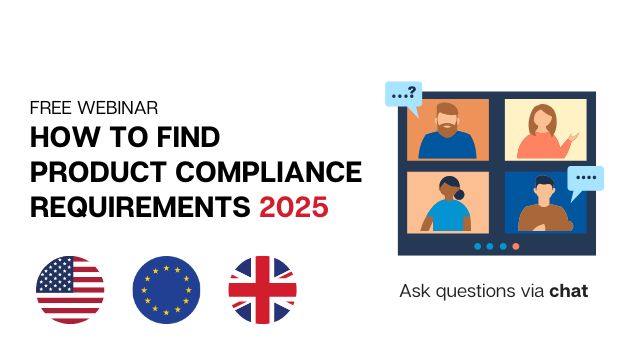





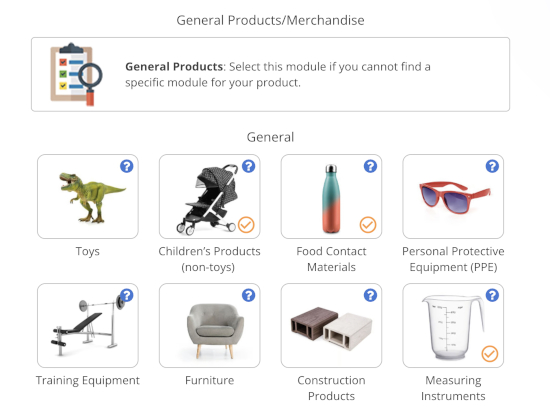






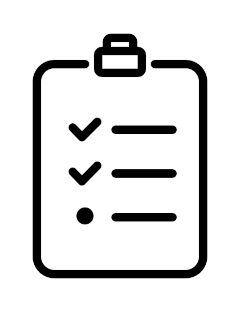


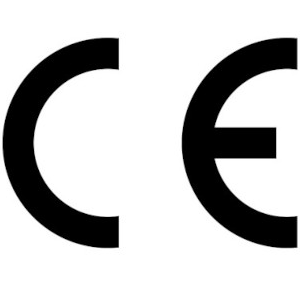




.png)
.png)
.png)
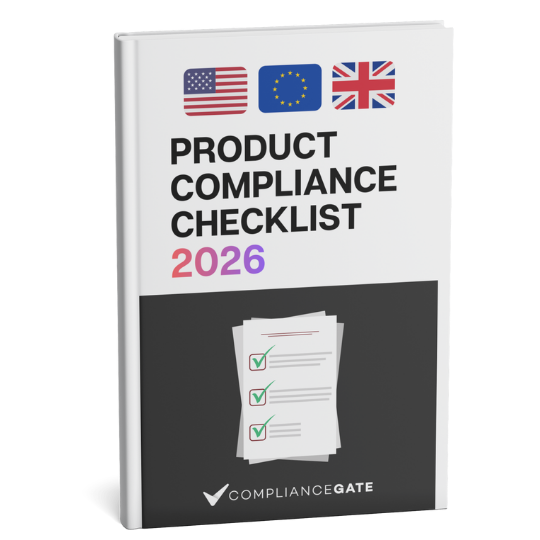
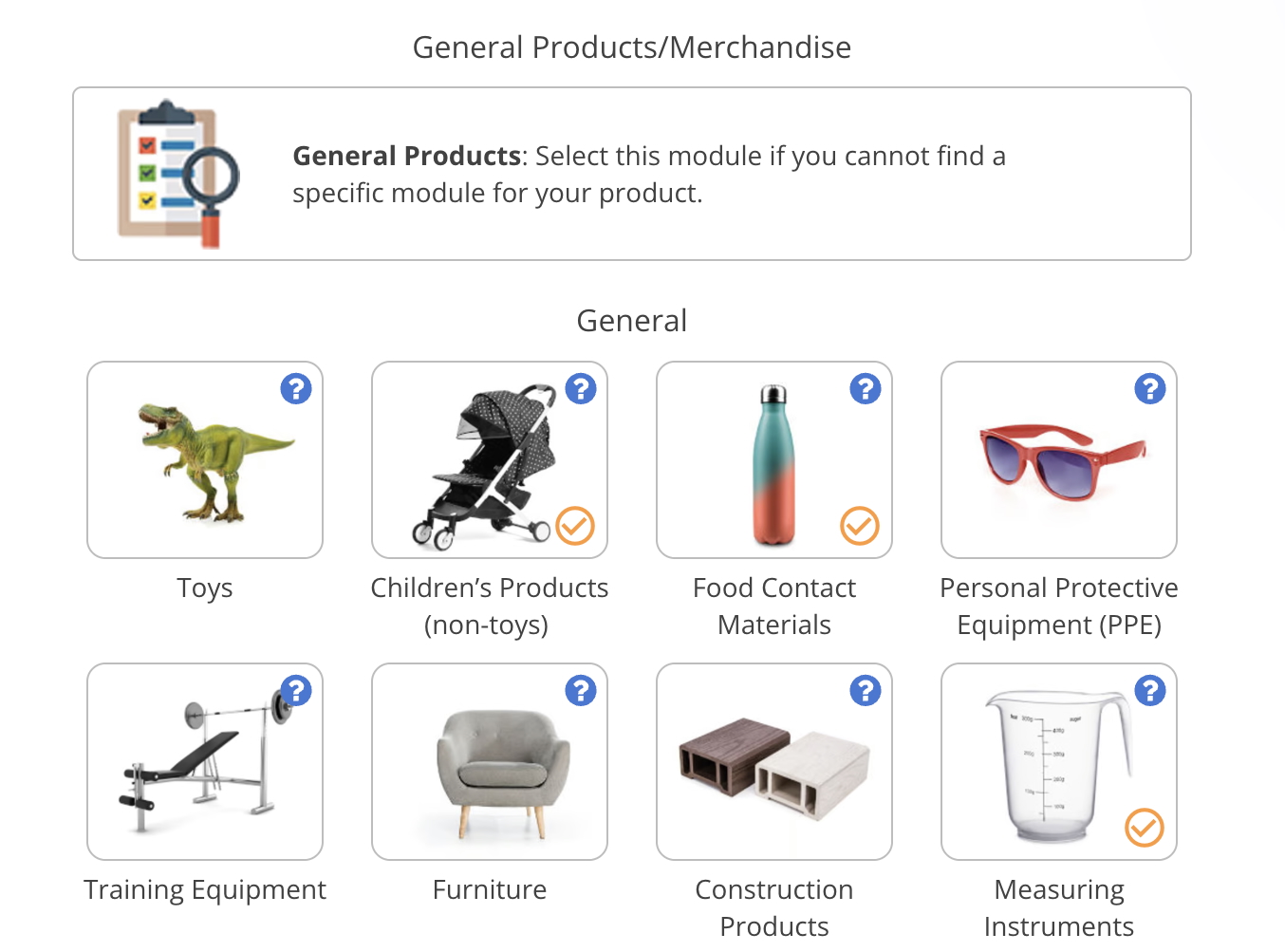



I have an old furnace filter that must be tested for toxic chemical gas residue. And what is the cost of having it analyzed?
If any chemicals are found that should not be there, I am going to prosecute, so I need a laboratory to evaluate any substances that have passed through by furnace and the April Air 5000 whole house air filter for any chemicals that should not be present there.
We do not smoke or use any kind of drugs or chemicals in our home/apartment.
What about California Prop 65? You have not addressed that?
Thanks
Hi William,
Yes, because that is not related to FDA rules in any way.
We have a guide specifically for CA Prop 65 testing: https://www.compliancegate.com/california-proposition-65-product-lab-testing/